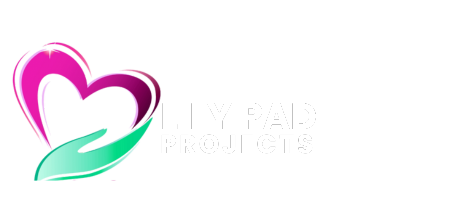About Us
WHO WE ARE
Lily Pad Projects is an initiative dedicated to ending period poverty in low-income communities by advocating for the use of reusable sanitary products. Our primary goal is to offer thorough menstrual hygiene education, breaking the silence around the topic and providing practical knowledge. In addition to promoting hygiene, we empower girls and women by teaching them how to handcraft reusable pads, giving them valuable skills for sustainability and entrepreneurship. We believe that access to education and developing practical skills can help end the cycle of poverty and support the financial stability of these communities.

MISSION
- Educate young girls and women on menstrual hygiene and sex education.
- Support one girl at a time with reusable sanitary products
- Encourage and promote the use of reusable sanitary products to reduce sanitary waste.
- Empower children and women for greatness.
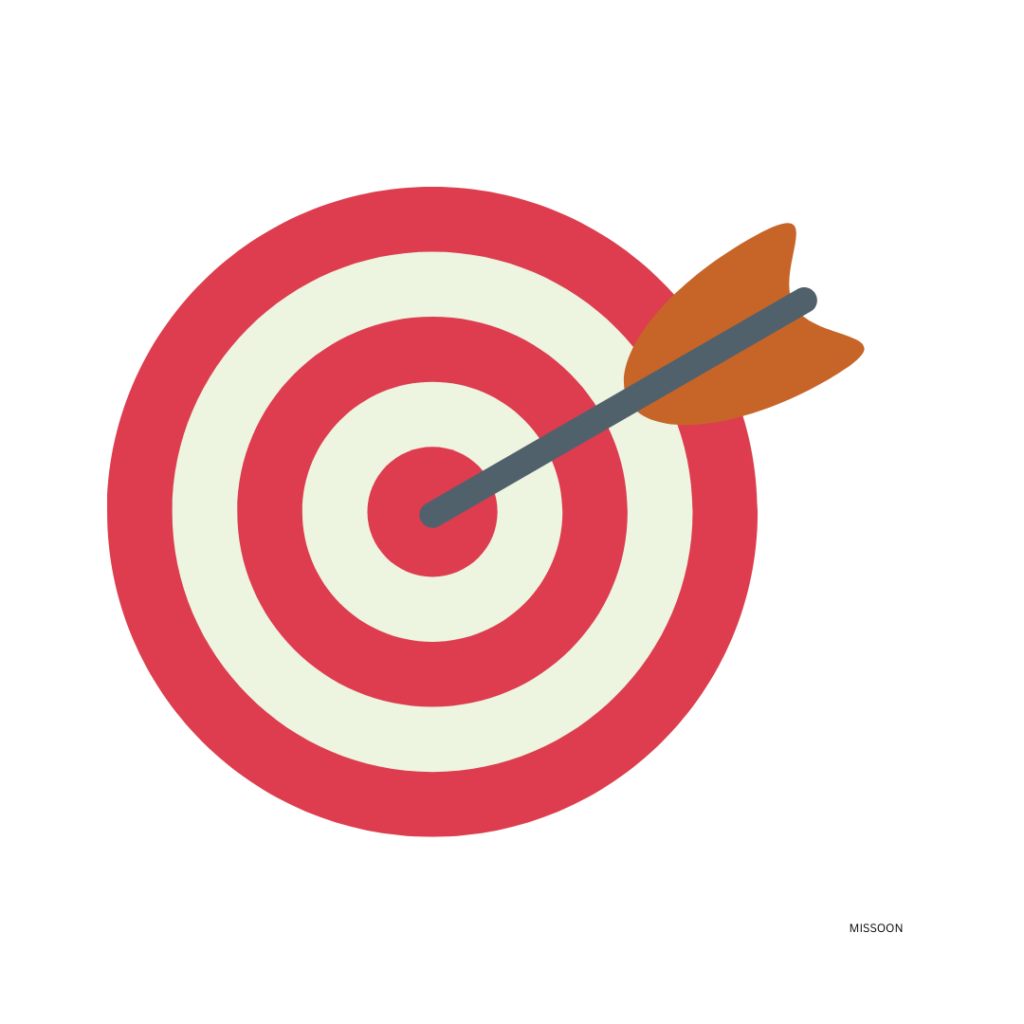
VISION
- Eradicate period poverty one girl at a time in Africa.
- Provide clean water and sanitation in low-income communities in Africa.

PAST PROJECTS
On 19th September 2020, a project tagged “One Girl Five Pads Projects” was organized by Sisterhood of Grace. This outreach was held in 3 cities in Nigeria which include Ikorodu (Lagos), Ilorin (Kwara) and Ibadan (Oyo). About 250 girls were impacted in total during the one-day outreach. Each girl child got a pack sanitary pad, learnt how to make reusable sanitary pads and about menstrual hygiene education.
Since then, several other projects have been done in partnership with other organizations such as The Flow Project, Nikky’z foundation, St. Margret College, and Africa Clean-up Initiatives to mention a few, empowering over 450 girls in 2021. Reusable sanitary pads were given to the girls, and they were taught about menstrual hygiene education during the projects.
In 2022, “Blossom Projects” was done to create awareness on the environmental benefits of using reusable sanitary pads impacting about 270 women and girls.
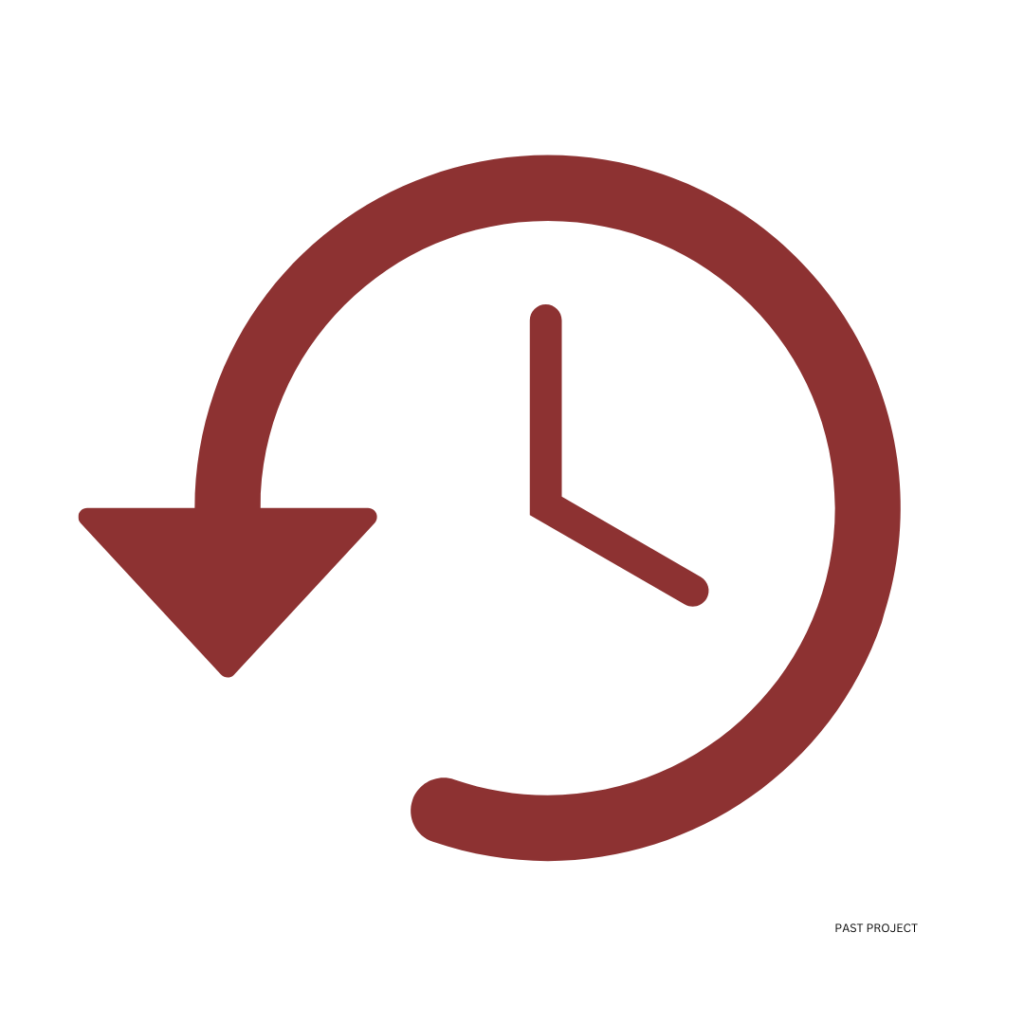
Lily pad projects supports the UN Sustainable Development goals to promote zero hunger (Goal 2), good health (Goal 3), quality education (Goal 4), gender equality (Goal 5), clean water and sanitation (Goal 6) and partnership for the goals (Goal 17) and advocate the use of Reusable sanitary pads
OUR HIGHLY EFFECTIVE TEAM MEMBERS

Olabisi Okesola
Co-founder & Project Manager

Pharm Omolayo Oni
Co-founder & Medical Team Lead

Barr. Oluwakamiye Olorunfemi
Project Coordinator, Ibadan Team

Joy Nwanede
Project Coordinator, Lagos Team.

Olubiyi Mercy Inioluwa
Community Manager

Pojukay Temitope
Welfare Team Lead

Atolagbe Elizabeth
Content Creation Team Lead

Shalom Adegboye
Graphics Design Team Lead

Julianna Obadare
Social Media Manager

Oreoluwa Oladele
Content Creation Team Lead
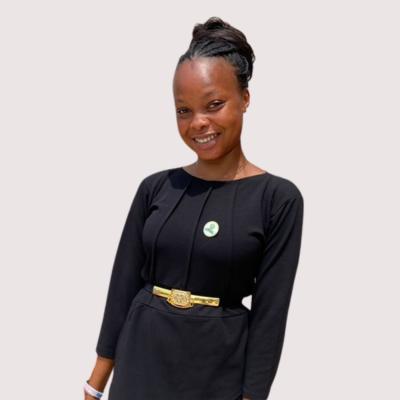
Olayinka Grace Ogundipe
Human Resource Manager

Blessing Deborah Adedide
Fundraising Campaign Manager

Olutosin Agbeyemi
Project Coordinator, Abuja Team

Adepeju Adesiyan
Intercessory Team Lead

Olakunle Ashimi
Logistics and Transportation Manager
IMPACT REPORT
Lily Pad Projects has been making a positive impact by distributing over 4000 reusable sanitary pads to empower girls and women in Nigeria, while also educating them on menstrual hygiene. The Blossom Project engaged over 3000 girls, 200 boys, and 150 women in Ibadan, Abeokuta, Lagos, and Kastina in 2024. Moreover, the project distributed 3000-period handbooks and 1500 reusable sanitary pad toolkits. Additionally, a virtual webinar was hosted with over 50 attendees from Ghana, Nigeria, and Sierra Leone.
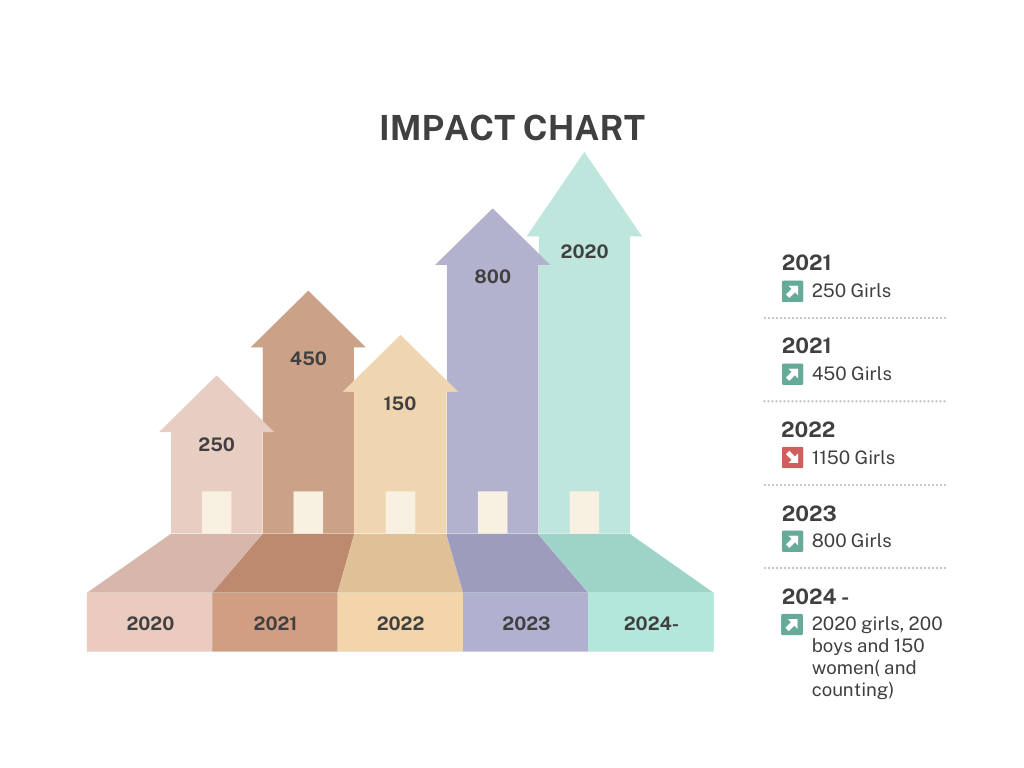
Girls are one of the most powerful forces for change in the world: When their rights are recognized, their needs are met, and their voices heard, they drive positive change in their families, their communities, and the world. Empowering girls and women enhance the development of the societies and the world at large – Kathy Calvin, United Nations Foundation President & CEO
Direct Links
Contact Info
+2348164733874
lilypadprojectssog@gmail.com
Adegbose Estate, Ikorodu, Lagos
© 2024 Lily pad Projects All Rights Reserved
